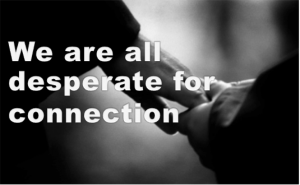Getting Unstuck: Podcast SaveTheMarriage Episode 5
https://savethemarriage.com/stmblog/wp-content/themes/corpus/images/empty/thumbnail.jpg 150 150 Lee H. Baucom, Ph.D. Lee H. Baucom, Ph.D. https://secure.gravatar.com/avatar/669b7e375d93f77521ddaba08adb8063?s=96&d=blank&r=pgAre you stuck? Do you feel like you cannot move forward, and that there should be something more? Perhaps you are realizing that something is holding you back.
In this episode of the Save The Marriage Podcast, we turn our attention to getting unstuck:
- Why we get stuck.
- How to avoid blame and take responsibility.
- How to discover your limiting beliefs.
- How to change your limiting beliefs.
- Why you can forgive (the secret to forgiving).
- How to forgive and move on.
- Why forgiving does not place you at risk.
- Most of all, how to get unstuck!
Podcast: Play in new window | Download
Subscribe: RSS

